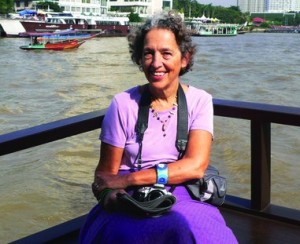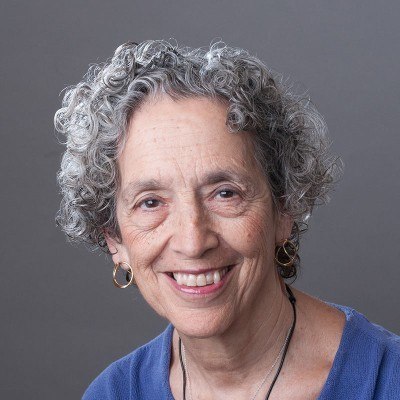
Originally posted on the blog of Ask Big Questions.
Like many people in my generation, I first associated tzedakah, the Hebrew word loosely understood to mean “charity,” with the pushke—the little metal box given out in Hebrew school, rusting on my parents’ windowsill.
I learned in the 1950s that Jews were supposed to collect pennies in the pushke to plant trees in Israel. There was no passion or intensity embedded in this ritual; no real understanding of the values or texts behind this seemingly strange act of generosity; and no opportunity to innovate. It was just something Jews did.
The truth is, no one in my family talked much about giving money; they talked about giving time. My parents and grandparents devoted untold hours to serving on the boards of local Federation agencies—an ethic that has deeply informed my own professional and personal commitments. But, of course, time isn’t the only marker of giving. Money matters, too. It matters a lot. Money defines our needs, our wants and our luxuries. It shapes our responsibilities and informs our life choices. Subsequently, I discovered that my parents were, in fact, giving money—but it was apparently not a subject for “polite” conversation.
My parents’ perception was misguided. We need to talk about money and it shouldn’t be considered “taboo.” About 15 years ago, I decided that I wanted to raise my grandchildren’s consciousness about money early on in their lives. Beginning on their ninth birthdays, my husband and I started giving each grandchild $100 to donate to causes or organizations of their choice during the year.
For me, the cause itself—be it animal rights, marriage equality, gun control, children’s mental health or ending genocide in Darfur—is less important than the questions and values that inform their decisions. Why do they care about one particular issue more than another? How do they determine who needs their money most? These are “Big Questions” that matter a great deal to me.
American Jewish World Service’s Where Do You Give? initiative has pushed these questions into the Jewish communal spotlight to spark a national conversation about giving in the 21st century.
At a time of tremendous change, creativity, celebration, and heartbreak, it is essential for us to talk about giving with more rigor and integrity than ever before. Working for justice depends on re-imagining the possibilities for how and where we give. It also requires us to examine the values that animate our philanthropic choices.
I am delighted to partner with Hillel’s Ask Big Questions as we continue our collective journey to leave the world better than how we found it.
AJWS’s work in countries and communities changes over time, responding to the evolving needs of partner organizations and the people they serve. To learn where AJWS is supporting activists and social justice movements today, please see Where We Work.

